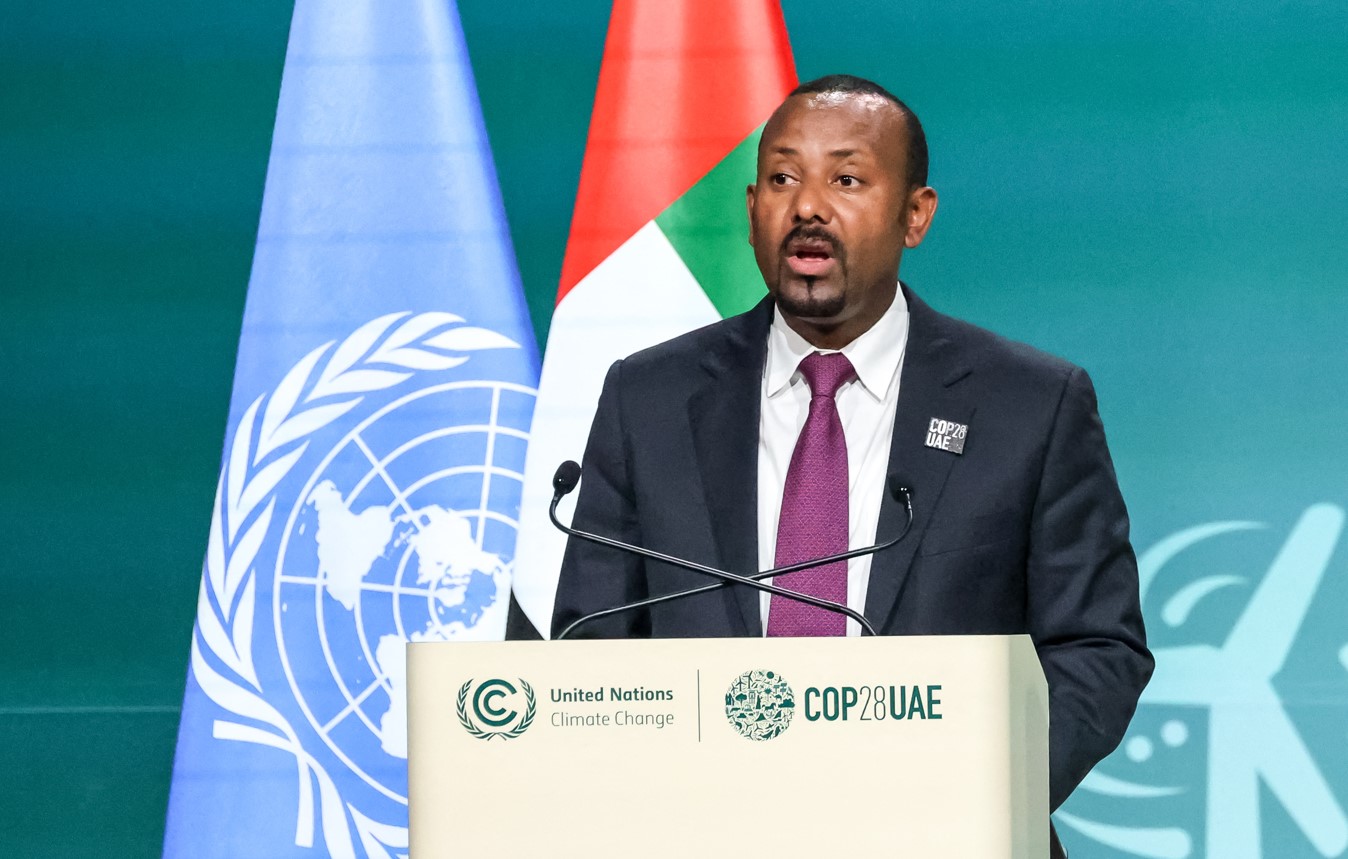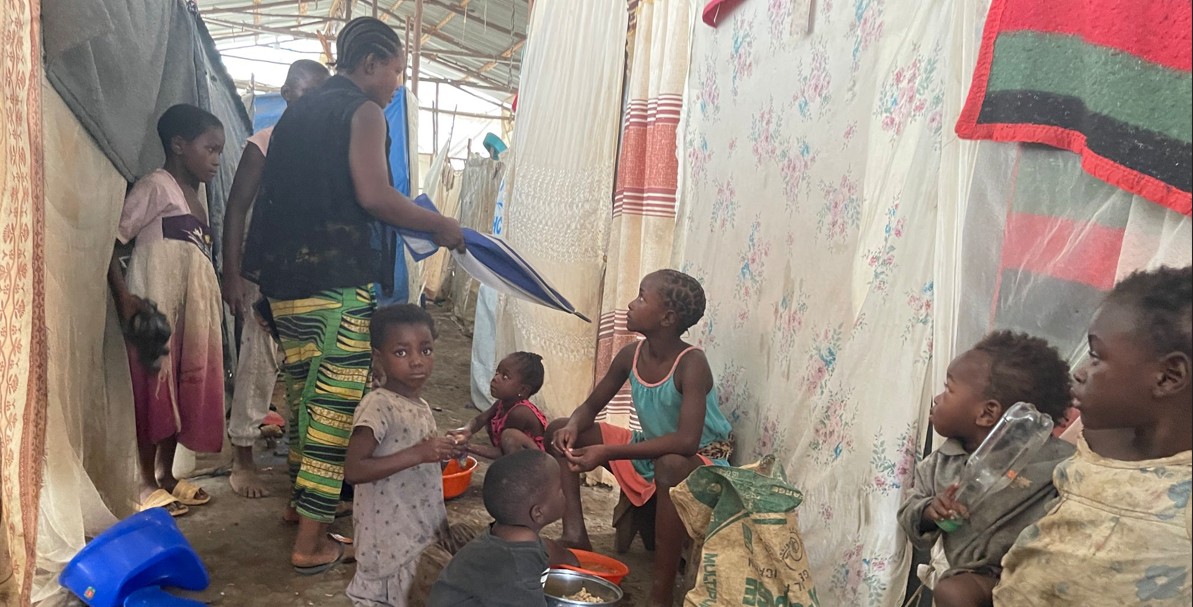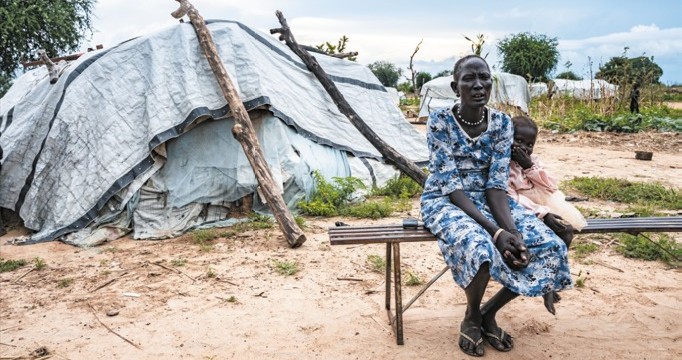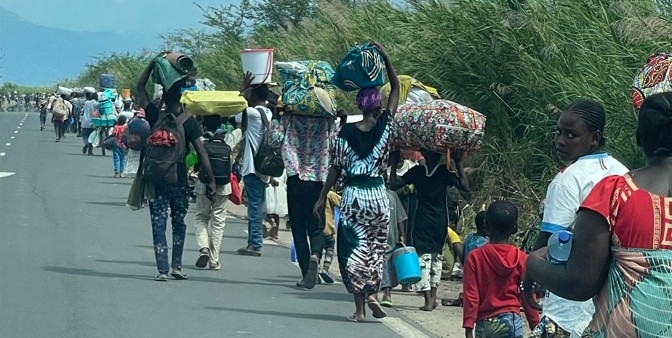Climate change could worsen poverty in Ethiopia, World Bank warns

The report underlines the critical need for reforms to keep an additional 3.7 million Ethiopians from sliding into poverty over the next 25 years.
The World Bank has cautioned that the effects of climate change could exacerbate poverty, social tensions, and conflict in Ethiopia.
In its country climate and development report for Ethiopia, released last week in Addis Ababa, the World Bank Group highlighted that a huge portion of the country's population is vulnerable to the effects of climate change and lacks adequate resources to mitigate them.
More To Read
- Ethiopia accuses Eritrea, TPLF of forging new alliance to destabilise country
- Ethiopia’s debt ‘unsustainable,’ World Bank-IMF warn as country remains in debt distress
- Ethiopia Central Bank Governor Mamo Mihretu resigns after two-year reform push
- Worsening drought, conflict push millions in Ethiopia into acute food insecurity, FEWS NET warns
- Ethiopia snubs joining East African Community, cites economic imbalance and readiness gaps
- Civic group condemns Addis Ababa’s exclusion from 2025/26 Federal Budget subsidies
The development institution noted that Ethiopia's efforts to alleviate poverty have been hindered in recent years by various challenges, including the COVID-19 pandemic, the Russia-Ukraine conflict that led to elevated global food and energy prices, prolonged droughts, and conflicts in the Tigray and Amhara regions of the country.
The report underlines the critical need for reforms to keep an additional 3.7 million Ethiopians from sliding into poverty over the next 25 years.
According to the World Bank, Ethiopia's GDP growth has slowed to an estimated six per cent per year, insufficient to reach its ambitious development goals, which include a considerable reduction in extreme poverty.
The report indicates climate change costs the Horn of Africa country 10-14 per cent of its gross domestic product annually, which is predicted to double by 2030.
Ousmane Dione, the World Bank's country director for Ethiopia, stressed the importance of integrating structural reforms with adaptation strategies to mitigate the costs of climate-related disasters and harness opportunities in sectors like agriculture.
The country climate and development report emphasises the vulnerability of Ethiopia's lowlands to erosion and soil degradation, which might reduce food yields by up to five per cent by 2050.
Livestock production is also likely to suffer severely, with lower milk and meat production, particularly in the Afar region.
"Without agricultural policy reforms, Ethiopia may continue to rely largely on imports to meet domestic demand, putting an additional burden on the economy," reads the report.
Top Stories Today
Reader Comments
Trending
















































